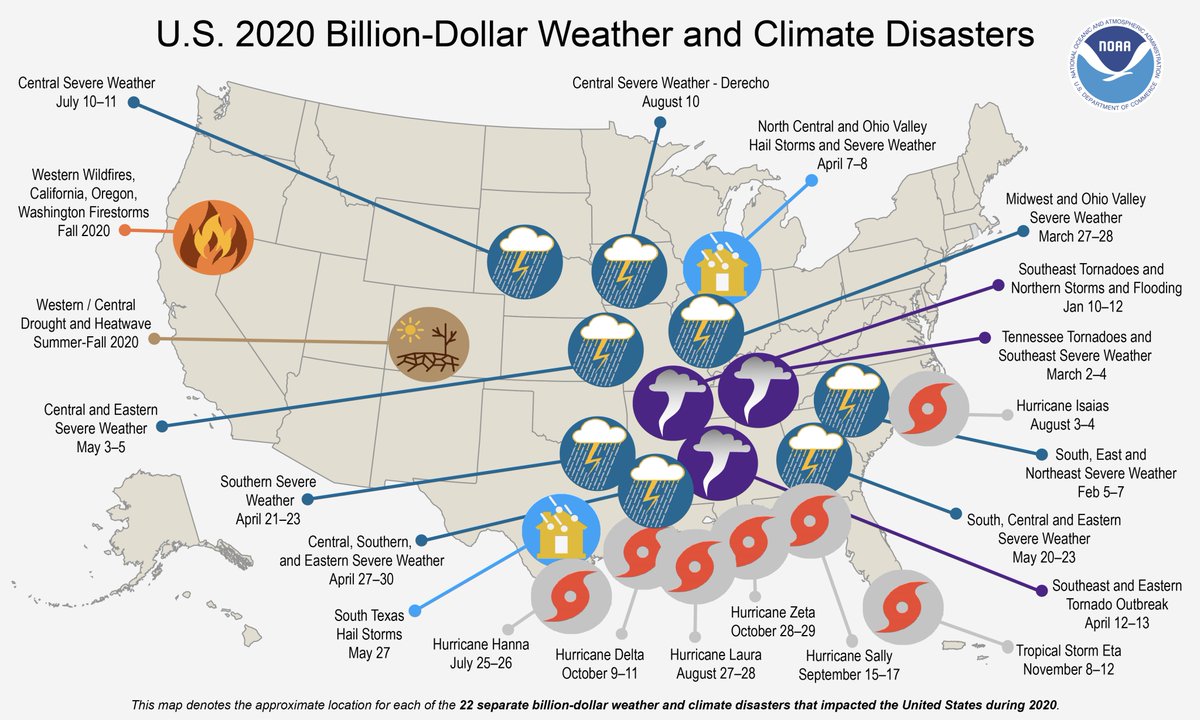
Love that we are talking about the importance of communication in science in our #vEGU21 session! I summarized my best advice to fellow scientists at a @Lamont_Doherty talk this past year, watch here:
In a nutshell:
1. Set a limit on your time, or you can be overwhelmed.
2. Focus on what YOU are good at! Writing like @KA_Nicholas? Vids like @ClimateAdam? Ice hockey, like Gabe Vecchi? princeton.edu/news/2021/03/2…
1. Set a limit on your time, or you can be overwhelmed.
2. Focus on what YOU are good at! Writing like @KA_Nicholas? Vids like @ClimateAdam? Ice hockey, like Gabe Vecchi? princeton.edu/news/2021/03/2…
3. Don't be distracted by the seven-percenters.
https://twitter.com/KHayhoe/status/1235204287891988481?s=20
4. Review, assess, and revise. What worked? What didn't? What could I do differently next time? What do I care about that I could connect with others over? How can I contribute to changing the social norms that can ultimately transform society? ted.com/talks/katharin…
And always begin by listening rather than talking. That way you can connect climate risks and solutions to what people already care about rather than what you THINK they should care about. We don't have to care for the same reasons. Ultimately, tho, it all comes down to this ... 

(and so no one will be offended ... let me be clear that I have hugged trees myself. This is not meant in any derogatory sense. It speaks only to the stereotype that climate change is a niche issue that only certain types of people care about.)
• • •
Missing some Tweet in this thread? You can try to
force a refresh





